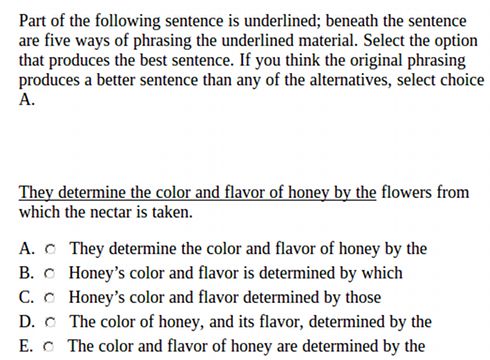"Can cause" vs. "may cause"
Catherine Saint Louis, "Dessert, Laid-Back and Legal", NYT 5/14/2011:
Remember melatonin? In the 1990s, this over-the-counter dietary supplement was all the rage among frequent fliers, promoted as the miracle cure for jet lag. Now it is back in vogue, this time as a prominent ingredient in at least a half-dozen baked goods that flagrantly mimic the soothing effects of hash brownies — and do so legally. At least for now. […]
“A hangover effect has been reported” with large doses, said Anna Rouse Dulaney, a toxicologist with the Carolinas Poison Center. But she added, “I don’t want to go on the record saying this drug ‘can’ cause respiratory issues, that should be a ‘may.’ ”
Read the rest of this entry »

 It's been a while since I've posted on Chinglish. In truth, I have an enormous backlog of precious items, some stretching back for years, but I just haven't been able to get to them because I've been trying to concentrate on more substantial topics lately. Today's example, however, is so amazing that I feel inspired to address it immediately.
It's been a while since I've posted on Chinglish. In truth, I have an enormous backlog of precious items, some stretching back for years, but I just haven't been able to get to them because I've been trying to concentrate on more substantial topics lately. Today's example, however, is so amazing that I feel inspired to address it immediately.